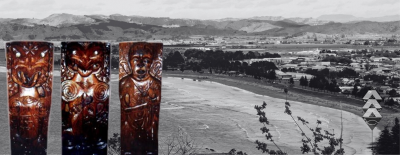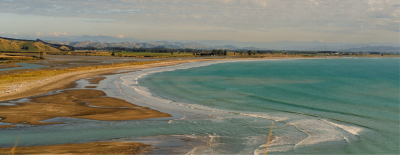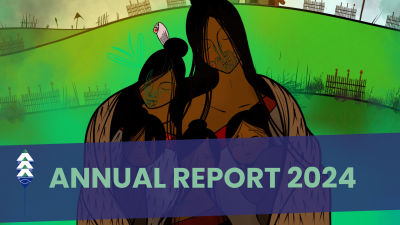{"bgOpacity":0.85,"showHideOpacity":false,"tapToClose":true,"closeOnScroll":true,"tapToToggleControls":false}
Resource could not be retrieved!
There was a technical problem when attempting to retrieve the requested resource.
We have been notified of the problem and will correct it as soon as possible. We apologise for the inconvenience.
Contact Details
- Phone(06) 867 8109
Nga Wai E Rua Building
Cnr Lowe Street & Reads Quay
Gisborne
4010
New Zealand
© Te Runanga o Turanganui a Kiwa 2025, All rights reserved. Privacy - Terms - Sitemap for Te Runanga o Turanganui a Kiwa 


.png)









